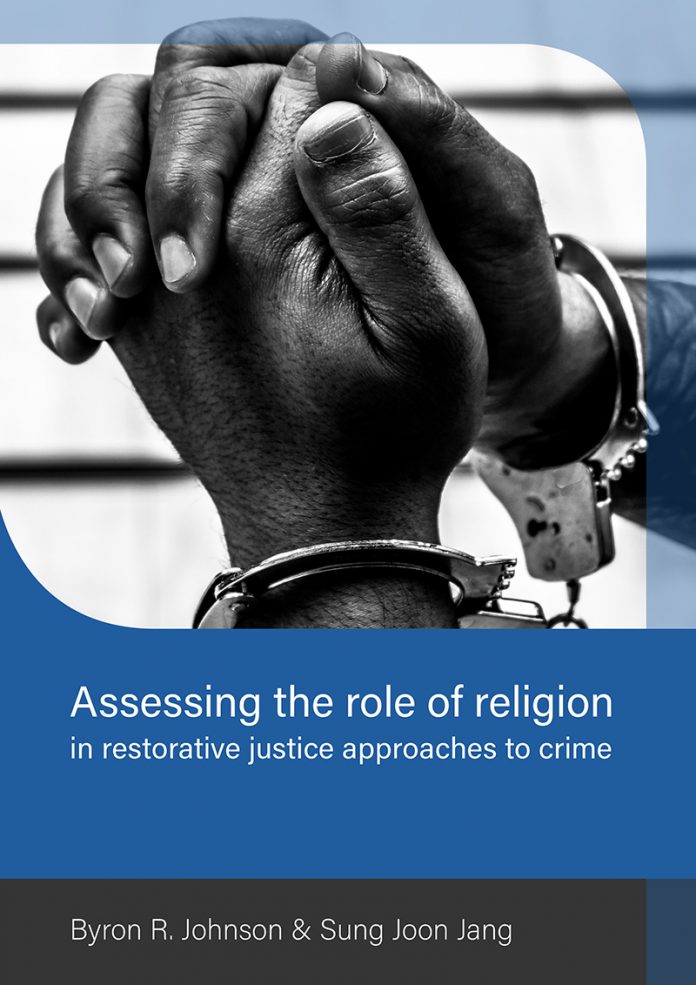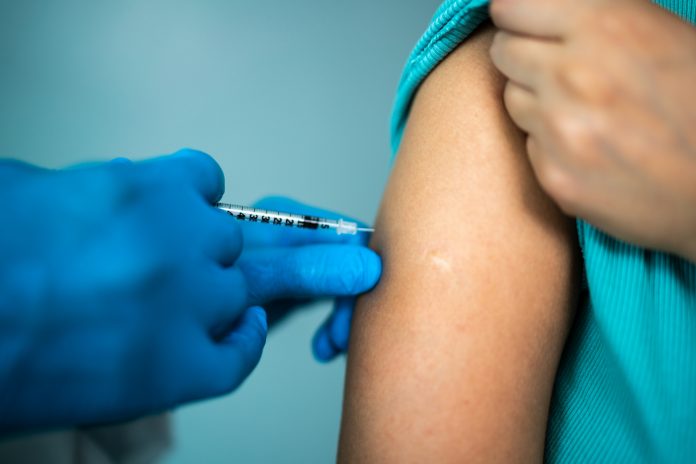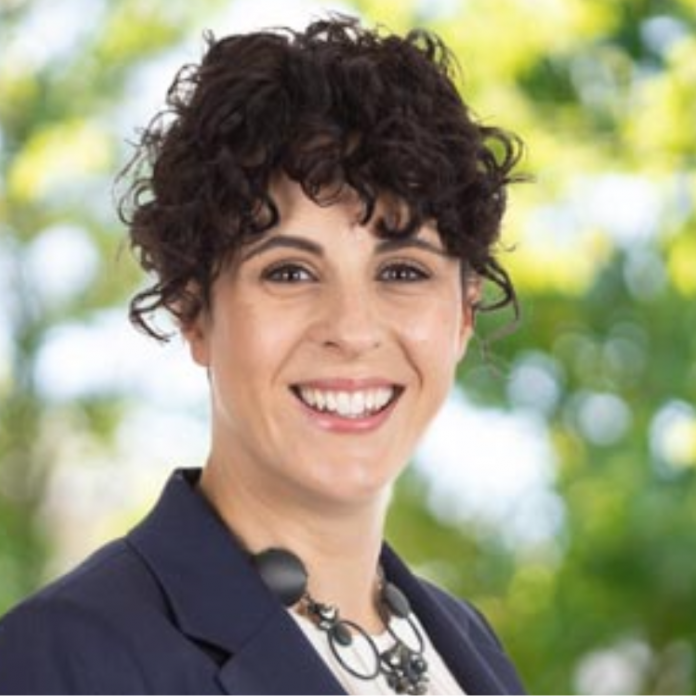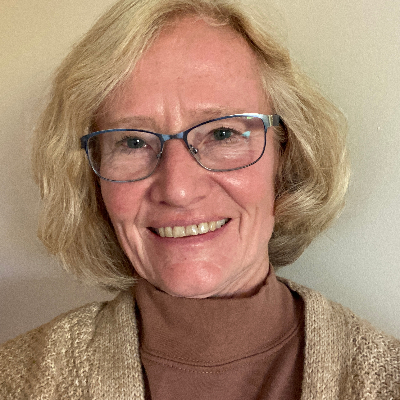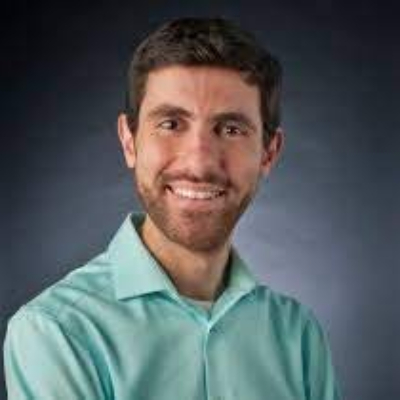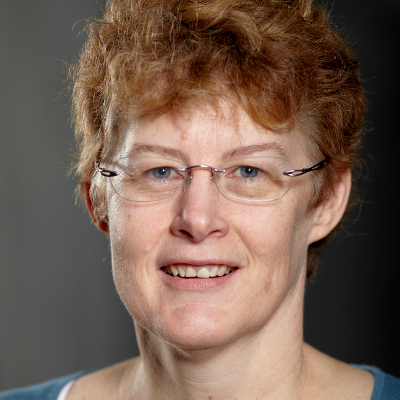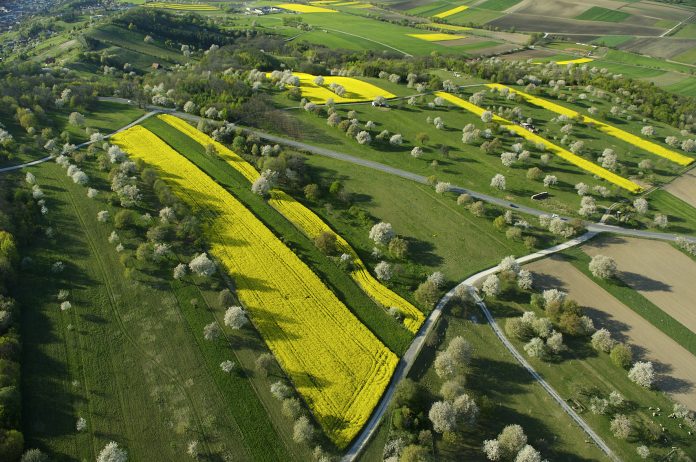Open Access Government produces compelling and informative news, publications, eBooks, and academic research articles for the public and private sector looking at health, diseases & conditions, workplace, research & innovation, digital transformation, government policy, environment, agriculture, energy, transport and more.
Home Search
AI - search results
If you're not happy with the results, please do another search
Assessing the role of religion in restorative justice approaches to crime
The field of restorative justice can be traced to the 1970s and efforts in several North American communities that were applying peacemaking principles – often in tandem with faith-informed perspectives – to the criminal justice system, here we explore it in further detail.
How social institutions and institutionalized practices impact entrepreneurial activity
Jennifer Jennings is one of Canada’s leading researchers at the intersection of gender, entrepreneurship, and the family embeddedness of entrepreneurial activity.
Building Vaccine Confidence: Strategies for dispelling myths and misinformation
Heidi J Larson, along with contributors from the Vaccine Confidence Project, discuss the complex factors influencing decision-making around vaccines and what can be done to improve public trust.
Ksenia Avetisova – Tietoevry Finland
Ksenia has been navigating uncertainty of the digital age by applying innovative ways of working & design thinking methods to enable companies innovate & deliver results. With background in UX and Design, Ksenia is driven by bringing the human perspective to disruptive tech innovation and research.
Utilising frameworks to leverage the best hybrid communication suppliers
Nicki Newburn from, CFH Docmail Ltd, highlights utilising frameworks to leverage the best hybrid communication suppliers.
Building resilience: Key to protecting adolescent mental health
Essi Viding, Pasco Fearon, Tom Wu, Alexander Lloyd, Laura Lucas, Roslyn Law, and Jaime Smith discuss new approaches to preventing adolescent mental health problems from emerging.
Is renewable energy killing our birds?
As concerns about the declining bird population continue to grow, scientists highlight the unintentional consequences of renewable energy development.
Alice Delahunty FREng – The Royal Academy of Engineering and President, UK Electricity Transmission,...
Alice is responsible for developing, building, maintaining and operating the electricity transmission network in England and Wales and playing a critical role in enabling and delivering against the government’s net-zero commitments
Previously, she was National Grid’s Head of Network Optimisation and responsible for the asset management of a £12 billion...
Business and human rights in Japan: Progress and challenges of the Japanese government
Professor Emi Sugawara from Osaka University of Economics and Law, Faculty of International Studies, discusses government’s efforts to respect human rights in the supply chain.
Researchers identify missing component in Venus’ clouds
Researchers may have cracked the long-standing mystery surrounding the colour and splotchiness of Venusian clouds in the UV range.
Lessons from Libby: Understanding the impact of asbestos exposure
Jean C. Pfau, Scientific Consultant at the Center for Asbestos Related Disease, shares the devasting story of asbestos exposure occurring in a Rocky Mountain town of Montana and the critical lessons that can be learned from this event.
Sepsis Canada: Building a national research network for sepsis awareness
Sepsis is a life-threatening condition estimated to affect 49 million people annually worldwide; yet it is not widely understood. In this article, we hear how Sepsis Canada is working to promote sepsis awareness through supporting research, public education, and cross-disciplinary training.
Bio-based solutions for a circular economy
Principal Scientist Ulla Forsström from the VTT Technical Research Centre of Finland Ltd tells us about the INN-PRESSME Open Innovation Test Bed project, which aims to develop novel, sustainable and recyclable bio-based solutions to replace fossil-based plastic.
Jean C. Pfau, Ph.D. – Center for Asbestos Related Disease
Jean Pfau received her Ph.D. in Microbiology/Biochemistry at the University of Montana
Her post-doctoral training fostered her true passion for inflammatory and autoimmune diseases, which became her research focus. In 2001, Dr. Pfau joined a distinguished team of researchers from around the country to explore the health effects of asbestos,...
Osama Loubani MD, FRCPC – Sepsis Canada
Dr. Osama Loubani, co-Scientific Director of Sepsis Canada, is an Associate Professor of Emergency Medicine and Critical Care and is currently serving as Assistant Dean Pre-Clerkship at Dalhousie University
He is actively involved in various professional activities, including membership in the Emergency Medicine Examination Committee, and co-chairing the Provincial Research...
Alison Fox-Robichaud MD, FRCPC – Sepsis Canada
Dr. Alison Fox-Robichaud, Scientific Director of Sepsis Canada, is Professor of Medicine and the Hamilton Health Sciences Chair in Sepsis Research at McMaster University
She practices Critical Care Medicine at Hamilton Health Sciences in Hamilton, Canada. A clinician scientist in the Thrombosis and Atherosclerosis Research Institute, she has over 140...
Empowerment through education: Sexual assault resistance programs for girls and young women
Charlene Y. Senn and Sara E. Crann from the University of Windsor discuss the importance of sexual assault resistance programs in equipping girls and young women with the knowledge and skills to reduce the risk of sexual assault.
Sara E. Crann – University of Windsor
Sara E. Crann, Ph.D., (she/her) is an Adjunct Assistant Professor in the Department of Psychology at the University of Windsor, Canada
She received her M.A. and Ph.D. in applied social psychology from the University of Guelph, Canada. Her research uses mixed methods and community-engaged approaches to examine issues related to...
Green infrastructure for ecosystem resilience
Mita Drius and Luana Silveri from the Free University of Bozen-Bolzano, explain fostering green infrastructure for ecosystem resilience in Alpine regions. The FRACTAL model, we hear, is a bottom-up all-round approach.
Closing the innovation gap: Advancing psychedelic therapy and medicines in EU mental health care
Despite the growing burden of mental health problems, there remains a significant unmet medical need. Tadeusz Hawrot, Founder and Executive Director at Parea tells us why new treatments are urgently needed and how psychedelic therapy and medicines can help

